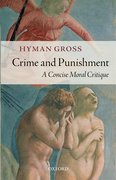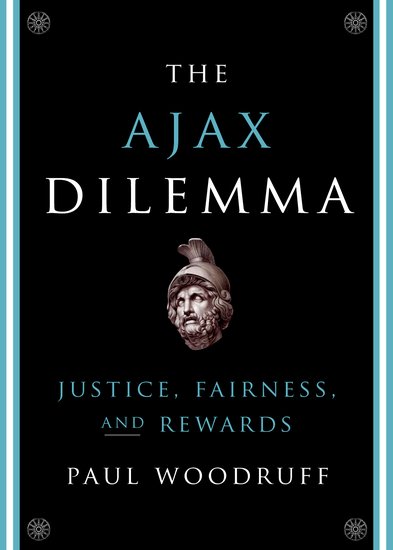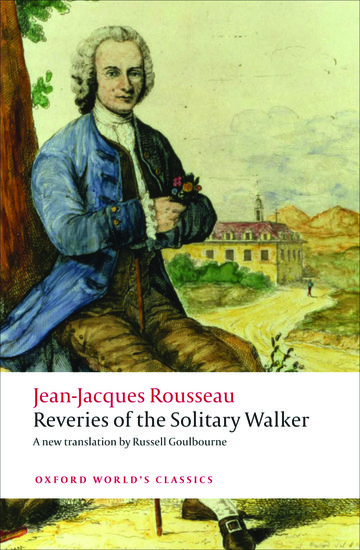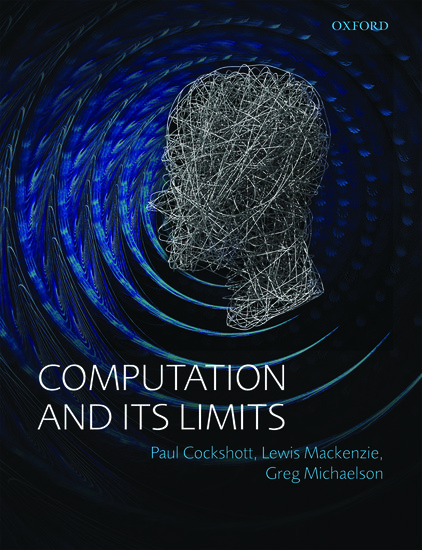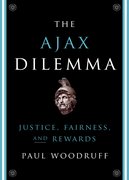Are crimes morally wrong?
By Hyman Gross
Are crimes morally wrong? Yes and no; it depends. It’s easy to think we know what we’re talking about when we ask this question. But do we? We need to know what we mean by ‘crimes’. And we need to know what we mean by ‘morally wrong’. This turns out to be trickier than we may at first think.

